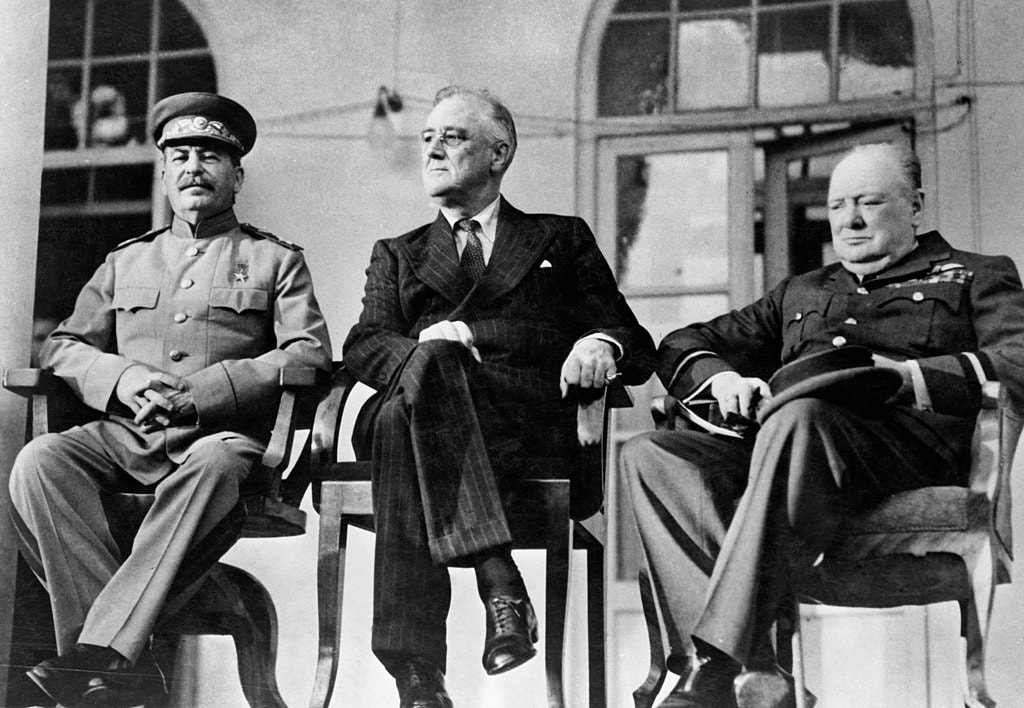|
A week and a half ago, Russia seemed on the verge of civil war. The brutal, Russian-funded mercenary Wagner Group, led by oligarch Yevgeny Prigozhin, advanced on Moscow to demand a change in military leadership. Watching crowds cheer the Wagner Group fighters, I confess to shadenfreude. Chaos might take Russian heat off Ukraine. Prigozhin might replace Putin’s generals. But would that really be better?
“The enemy of my enemy is my friend,” and “Politics makes strange bedfellows.” Though a U.S./Soviet alliance in World War II was essential to defeat Hitler’s Germany, it ushered in a half century of Cold War. The U.S. intervened in other countries’ affairs to protect or install authoritarian dictators. They shared our enmity toward Communism. What’s my point? First, don’t confuse situational allies with the good guys. Some are, some aren’t. I sometimes wonder if we underestimated Russia’s imperial ambitions after 1991 because at least it wasn't Communist. Second, reconsider what counts as an enemy. Immediate threats to our nation used to bring Americans together. Imagining coming together around such threats as pandemics, poverty, and bigotry. Our allies against enemies like these might truly become our friends. Image: Soviet Premier Joseph Stalin, US President Franklin Delano Roosevelt, and British Prime Minister Winston Churchill (left to right) at the Teheran Conference, 1943. (Library of Congress, LC-USZ62-32833.)
0 Comments
Leave a Reply. |
AuthorI'm a historian who writes novels and literary nonfiction. My home base is Madison, Wisconsin. Archives
July 2024
|

 RSS Feed
RSS Feed